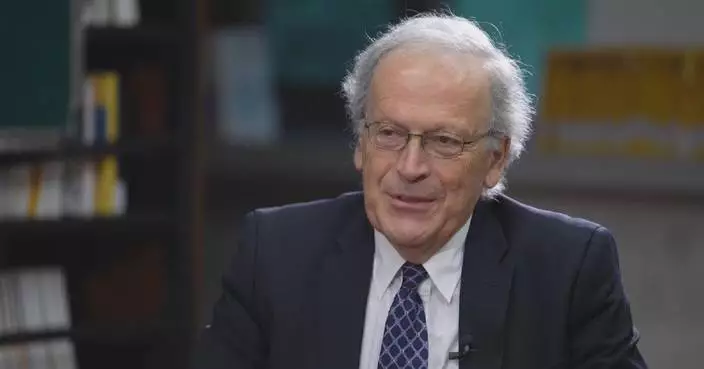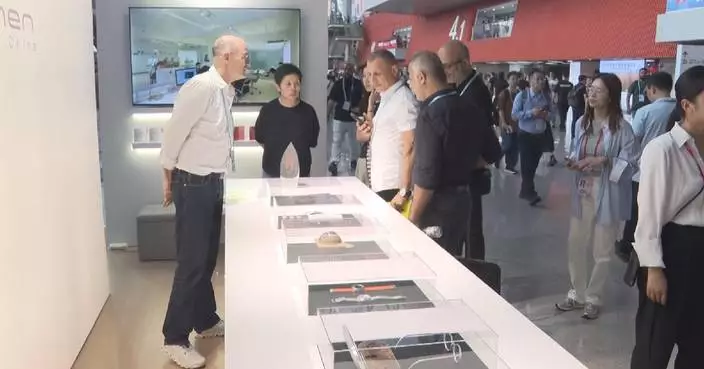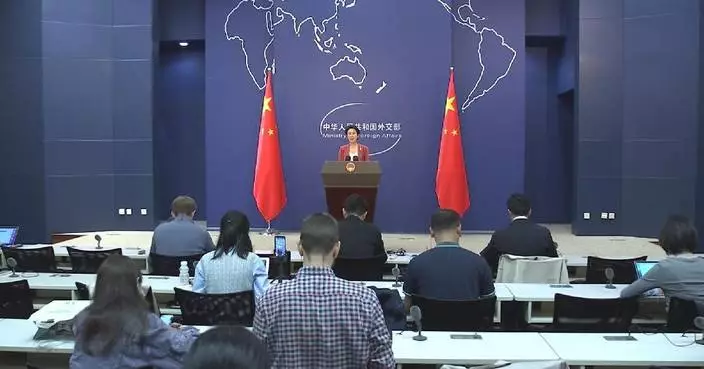A showcase of quality programs from China Media Group (CMG), the state broadcaster, was launched in Moscow on Friday, ahead of Chinese President Xi Jinping's upcoming visit to Russia for the 16th BRICS Summit in Kazan, Russia, from Oct 22 to 24.
Organized by the CMG in collaboration with major Russian media outlets and social media platforms, the screening features 11 premium documentaries, TV series, and films, including "China: Race to the Future", "Path to Prosperity" and "Archaeological Ruins of Liangzhu City".
These programs will be available on platforms such as the official website of the Russian newspaper Rossiyskaya Gazeta, the TV channel "Big Asia", TV BRICS, and the Russian streaming service OKKO.
Shen Haixiong, deputy head of the Publicity Department of the Communist Party of China Central Committee and CMG president, Pavel Negoica, General Director of Rossiyskaya Gazeta, and Zhang Hanhui, Chinese ambassador to Russia, all delivered video addresses.
This year marks the 75th anniversary of the establishment of China-Russia diplomatic ties and is the first year of the China-Russia Years of Culture.
The showcase, running until Oct 24, aims to enhance mutual understanding between the people of the two countries and offer Russian audiences a comprehensive view of the vibrant and dynamic China in the new era.
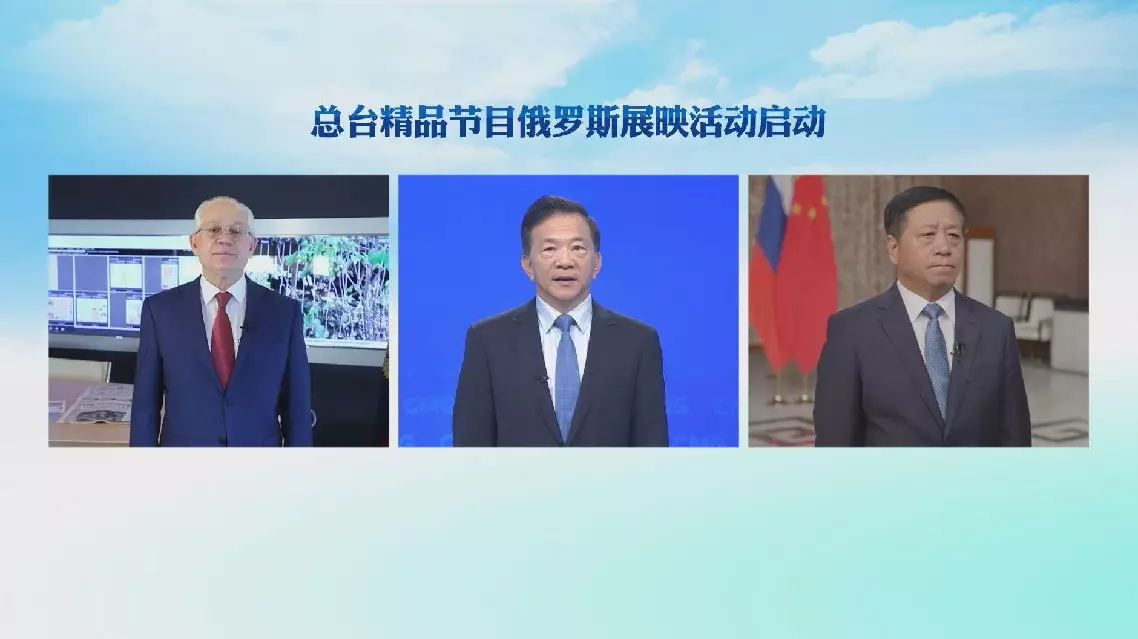
CMG launches special program screening event in Russia
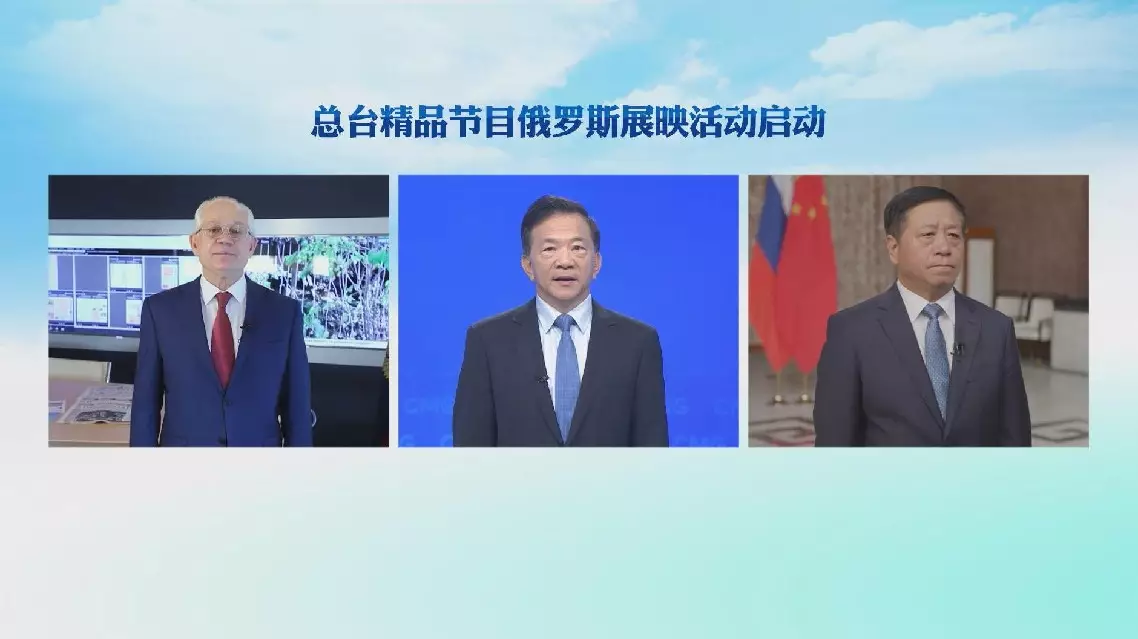
CMG launches special program screening event in Russia
Turing Award laureate Leslie Gabriel Valiant underscored the importance of interest and passion in the study of science, tracing back his own fondness for knowledge to his early childhood in London.
Valiant is a distinguished computer scientist and computational theorist. Born in 1949, he has achieved global recognition for his groundbreaking work in theoretical computer science.
He revolutionized the field of machine learning by developing the Probably Approximately Correct (PAC) model, laying the foundation for computational learning theory. Valiant was honored with the Turing Award in 2010.
In an exclusive interview with the China Central Television (CCTV), the acclaimed scientist recalled how his childhood fascination with transistor radios ignited his lifelong passion for science.
"Maybe from age of nine or ten, I was interested in science, so I think I liked physics, I liked physical experiments, and also this was in the late 1950s. So one thing which was maybe special then is that transistors which had been invented ten years earlier, became commodities. On the suburbs of London, as a child you could buy little components inexpensively and make your own transistor radio. So that's rather amazing. That's one of the things I did in science. And I think mathematics kind of came naturally to me, and I understood that to really understand what was going on with the transistor radios, I need to know mathematics," said Valiant.
He attributed a significant part of his success to his family upbringing, emphasizing the freedom his parents provided him to pursue his dreams.
"I didn't feel that my parents had very strong expectations of what direction I was going to take. And in fact, when I took the direction of computer science, which was very new at the time and seemed risky almost, my parents didn't show any hesitation," he said.
Valiant's passion for science drives him to continually explore new frontiers.
"So my story is that I studied mathematics and some physics and then looking to find somewhere to do a PhD. I was reading some papers in the library and I did discover a paper which basically gave a version of Alan Turing's theory of noncomputability in a very tangible form. And so this really struck me as being rather different, because this noncomputability was really about our intellectual life. So it was something showing limits to kind of problems we could solve, which could be solved. And it's pretty obvious to me that all the physics and mathematics are done didn't address this issue of trying to determine what are the limits of our thinking," said the computer scientist.
In his eyes, mathematical study has never been a mundane task but an exploration into the beauty of permanence.
"The beauty of mathematical formulations is that they are the same, something which stays true for the centuries. It's true everywhere in the world, it's timeless. So with mathematics, you do get something which is very permanent," he said.
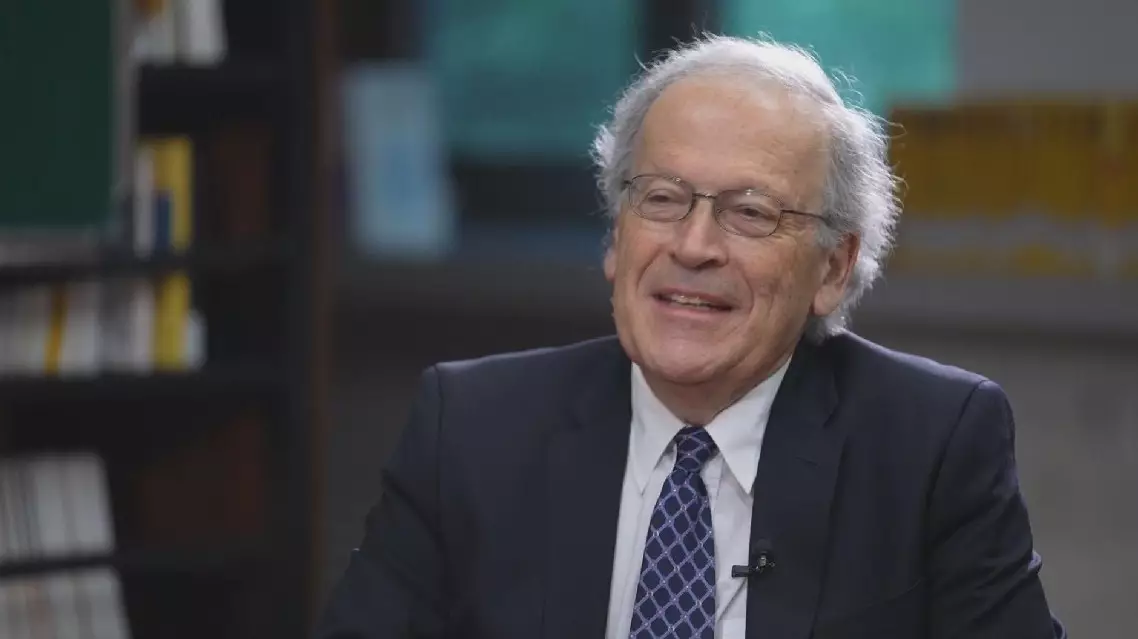
Turing Award laureate highlights childhood curiosity as crucial to interest in science





